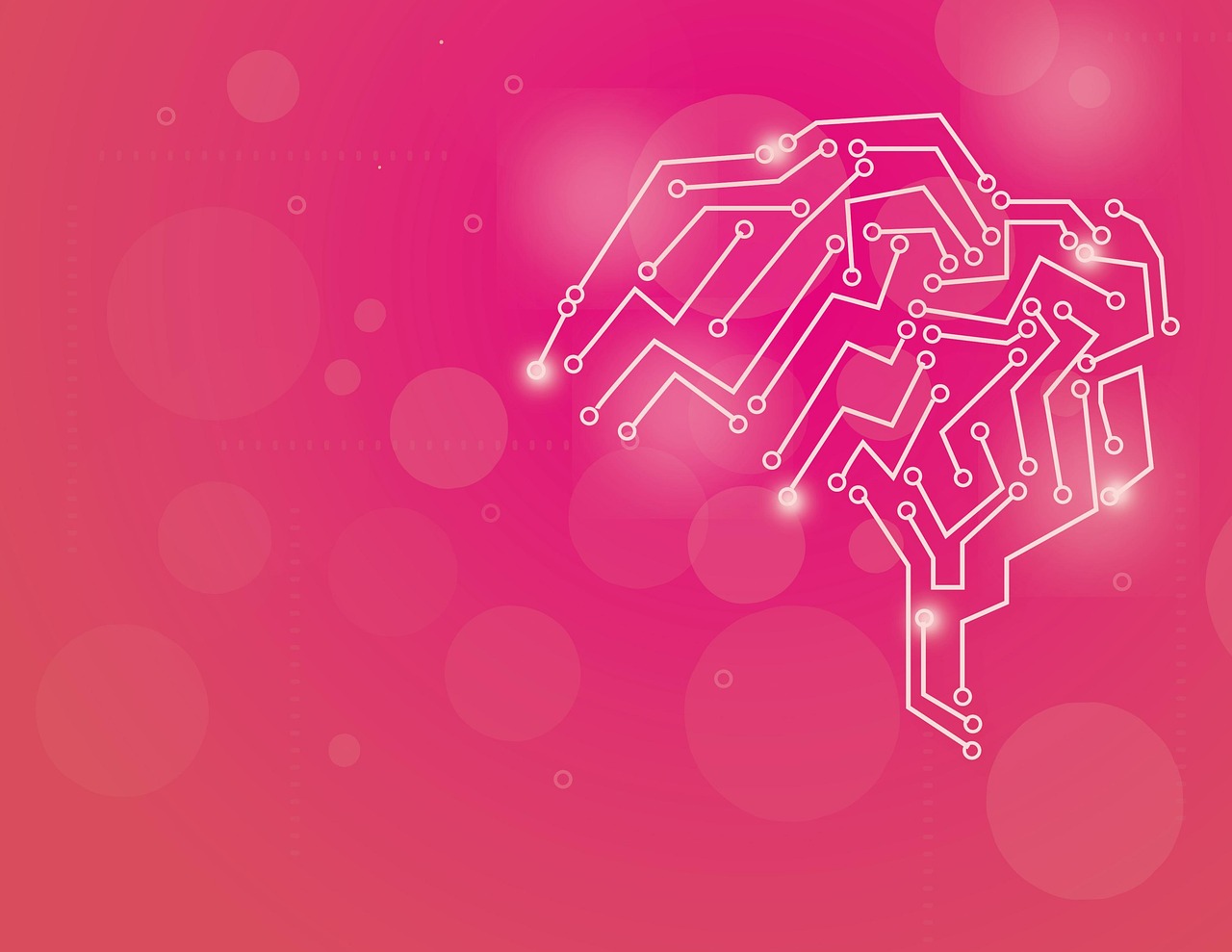The world of software development is constantly evolving, and one of the most exciting advancements is the rise of AI coding tools. These tools are revolutionizing how code is written, tested, and deployed, offering developers unprecedented levels of efficiency and support. From intelligent code completion to automated bug detection, AI is transforming the landscape of software engineering. This blog post delves into the realm of AI coding tools, exploring their capabilities, benefits, and how they are reshaping the future of programming.
What are AI Coding Tools?
AI coding tools leverage artificial intelligence, machine learning, and natural language processing to assist developers in various coding tasks. They are designed to automate repetitive processes, suggest code improvements, identify potential errors, and even generate entire code snippets based on natural language descriptions.
Key Features of AI Coding Tools
- Code Completion: Predicts and suggests code as you type, speeding up the coding process and reducing errors.
Example: GitHub Copilot uses OpenAI Codex to suggest entire lines or blocks of code.
- Code Generation: Generates code from natural language descriptions or prompts, allowing developers to focus on the overall logic rather than the syntax.
Example: Using Tabnine, you can provide a comment like “// Function to calculate the area of a circle” and the AI will generate the corresponding code.
- Bug Detection and Prevention: Identifies potential bugs and vulnerabilities in your code, helping you write more robust and secure applications.
Example: DeepSource analyzes your code and flags potential issues such as security vulnerabilities, performance bottlenecks, and code style violations.
- Code Refactoring: Suggests improvements to your code to make it more readable, maintainable, and efficient.
Example: Sourcery automatically suggests refactorings to simplify your code and improve its clarity.
- Automated Testing: Generates unit tests to ensure your code functions correctly, reducing the risk of regressions and improving code quality.
Example: Diffblue Cover generates JUnit tests for Java code, significantly reducing the time spent on writing tests manually.
- Documentation Generation: Automatically generates documentation for your code, making it easier for others to understand and use your code.
Example: Mintlify automatically generates documentation by analyzing your codebase and docstrings.
Benefits of Using AI Coding Tools
- Increased Productivity: Automate repetitive tasks and generate code faster, freeing up developers to focus on more complex problems. Studies show that developers using AI coding tools can see productivity increases of up to 50%.
- Improved Code Quality: Identify and prevent bugs early in the development process, leading to more reliable and maintainable code.
- Reduced Development Costs: Speed up the development process and reduce the need for manual testing and debugging, lowering overall costs.
- Enhanced Learning: Learn from the AI’s suggestions and improve your coding skills over time.
- Accessibility: Allow non-programmers or junior developers to contribute to coding projects more effectively.
Popular AI Coding Tools
Several AI coding tools are available, each with its unique features and capabilities.
GitHub Copilot
GitHub Copilot is one of the most popular AI coding tools, developed in collaboration with OpenAI. It provides real-time code suggestions based on your code and comments.
- Key Features:
Suggests entire lines or blocks of code.
Supports various programming languages, including Python, JavaScript, and TypeScript.
Integrates seamlessly with popular IDEs like VS Code and JetBrains.
- Example: When writing a function to sort an array, Copilot can automatically suggest the implementation.
Tabnine
Tabnine is another AI-powered code completion tool that offers personalized suggestions based on your coding style and project.
- Key Features:
Learns from your code and provides personalized suggestions.
Offers team-wide code completion, ensuring consistency across your projects.
Supports over 30 programming languages.
- Example: Tabnine can suggest variable names, function calls, and even entire code snippets based on the context of your code.
Codeium
Codeium is an AI-powered coding assistant that offers code completion, code generation, and natural language search capabilities.
- Key Features:
Offers free and unlimited code completion for individual developers.
Supports over 70 programming languages.
Provides code generation from natural language prompts.
- Example: You can ask Codeium to “write a Python function to reverse a string,” and it will generate the corresponding code.
DeepSource
DeepSource is a static analysis tool that uses AI to identify potential issues in your code, such as security vulnerabilities, performance bottlenecks, and code style violations.
- Key Features:
Automated code reviews.
Support for various programming languages, including Python, Java, and JavaScript.
Integration with popular CI/CD pipelines.
- Example: DeepSource can identify potential SQL injection vulnerabilities in your code and suggest fixes.
How to Integrate AI Coding Tools into Your Workflow
Integrating AI coding tools into your workflow can significantly enhance your productivity and code quality.
Choosing the Right Tool
- Identify Your Needs: Determine which areas of your coding process you want to improve. Are you looking for faster code completion, better bug detection, or automated testing?
- Evaluate Different Tools: Research and compare different AI coding tools based on their features, pricing, and compatibility with your existing tools.
- Start with a Trial: Most AI coding tools offer free trials or free tiers. Take advantage of these to test the tools and see if they fit your needs.
Setting Up Your Environment
- Install the Tool: Follow the instructions provided by the tool vendor to install the AI coding tool on your machine.
- Configure Your IDE: Integrate the AI coding tool with your favorite IDE (e.g., VS Code, IntelliJ) by installing the appropriate plugin or extension.
- Adjust Settings: Customize the settings of the AI coding tool to match your coding style and preferences.
Best Practices for Using AI Coding Tools
- Review Suggestions Carefully: Don’t blindly accept all suggestions from the AI. Always review the code to ensure it meets your requirements and doesn’t introduce any errors.
- Use Comments Effectively: Provide clear and concise comments to guide the AI and improve the accuracy of its suggestions.
- Learn from the AI: Pay attention to the suggestions made by the AI and use them to improve your coding skills over time.
- Provide Feedback: Most AI coding tools allow you to provide feedback on their suggestions. Use this feature to help the AI learn and improve.
The Future of AI in Coding
The future of AI in coding is promising, with continuous advancements expected in the coming years.
Emerging Trends
- More Accurate and Context-Aware Suggestions: AI models are becoming increasingly sophisticated, allowing them to provide more accurate and context-aware suggestions.
- Integration with Low-Code/No-Code Platforms: AI coding tools are being integrated with low-code/no-code platforms, making it easier for non-programmers to build applications.
- Automated Code Generation from Natural Language: AI is becoming better at generating code from natural language descriptions, allowing developers to focus on the overall logic rather than the syntax.
- AI-Powered Debugging: AI is being used to automate the debugging process, identifying and fixing bugs more quickly and efficiently.
Potential Impact on the Software Development Industry
- Increased Automation: AI will automate more of the repetitive and mundane tasks in software development, freeing up developers to focus on more creative and strategic work.
- Reduced Time to Market: AI will speed up the development process, allowing companies to bring their products to market faster.
- Lower Development Costs: AI will reduce the need for manual testing and debugging, lowering overall development costs.
- Democratization of Software Development: AI will make software development more accessible to non-programmers and junior developers.
Conclusion
AI coding tools are transforming the software development landscape, offering developers unprecedented levels of efficiency, support, and innovation. By understanding the capabilities, benefits, and integration strategies of these tools, developers can unlock their full potential and drive the future of coding. As AI continues to evolve, its impact on the software development industry will only grow stronger, making it essential for developers to embrace and adapt to these advancements. Embrace the power of AI to revolutionize your coding workflow and elevate your software development endeavors.




